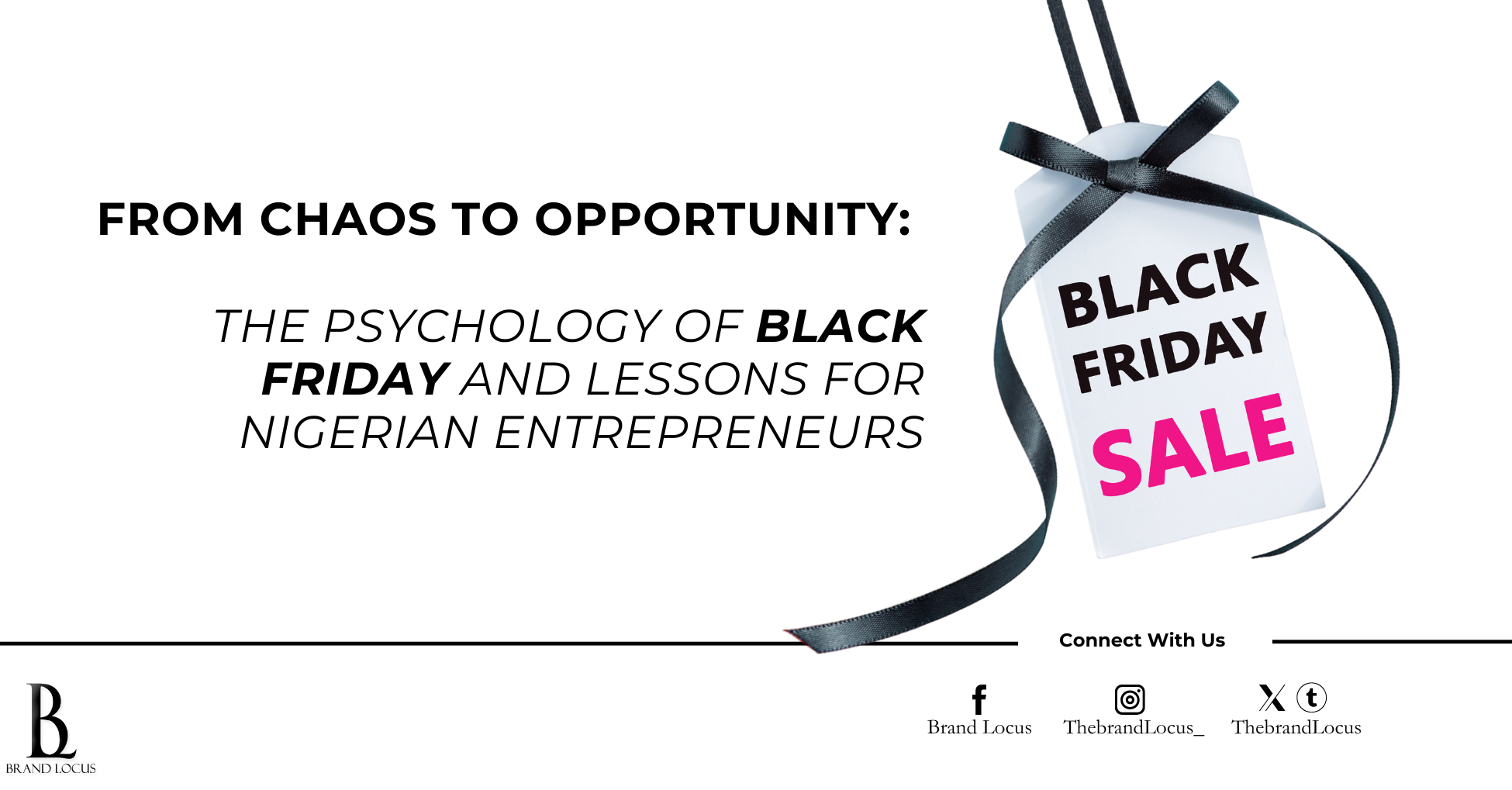The Psychology Behind Black Friday: Why Consumers Go Wild

Black Friday is a global shopping phenomenon marked by frenzied consumer behavior, massive sales, and record-breaking transactions. The psychology behind it reveals how retailers manipulate human instincts to drive demand. Several factors play a role:
- Scarcity Mentality: Limited-time offers and stock shortages create a sense of urgency, pushing shoppers to make impulsive purchases.
- Social Proof: Seeing crowds and online buzz motivates others to join the frenzy, fearing they might miss out.
- Dopamine Rush: The anticipation of a great deal activates reward centers in the brain, making shopping feel euphoric.
- Loss Aversion: Consumers hate the idea of missing a deal more than they enjoy acquiring a new item, which makes them act decisively.
The History of Black Friday: From Economic Meltdown to Retail Triumph
The origins of Black Friday date back to the 1950s in the United States. After Thanksgiving, retailers would offer discounts to kickstart the holiday shopping season. The term "Black Friday" initially carried negative connotations, as it described the chaotic scenes of traffic jams and overcrowding caused by eager shoppers.
However, in the 1980s, the term was rebranded to symbolize a financial turning point for businesses—when accounting books "go from red (losses) to black (profits)." Retailers began to embrace the event, offering larger discounts and turning it into a major economic tradition. Today, it’s a global phenomenon, adapted and reimagined by different countries to fit their unique markets.
Opportunities in Every Challenge: Lessons for Nigerian Entrepreneurs
Nigerian entrepreneurs can draw significant inspiration from the evolution and success of Black Friday. Here are key takeaways:
- Adapt Global Concepts Locally: Black Friday became successful because it was tailored to local market dynamics. Nigerian entrepreneurs can innovate by adapting international trends to suit local consumer behavior. For instance, leveraging traditional sales periods like festive seasons to create buzzworthy campaigns.
- Harness Digital Channels: With the rise of e-commerce in Nigeria, platforms like Jumia and Konga have localized Black Friday. Entrepreneurs can learn to leverage social media and digital platforms to drive sales, even during economic downturns.
- Turn Challenges into Opportunities: Just as Black Friday emerged from economic challenges, Nigerian entrepreneurs can identify opportunities in crises like inflation, supply chain disruptions, or currency devaluation. For example, offering alternative or cost-saving products during hard times.
- Create FOMO (Fear of Missing Out): By mastering consumer psychology, entrepreneurs can design campaigns that create urgency and excitement, even with limited resources.
- Build Long-Term Loyalty: Beyond the frenzy of sales, Black Friday also serves as an opportunity for businesses to showcase value and gain customer loyalty. Nigerian businesses must focus on delivering quality experiences that encourage repeat patronage.
Seize the Opportunity
The story of Black Friday is one of resilience, adaptation, and innovation. Nigerian entrepreneurs must take a cue from its history, recognizing that every challenge presents a chance to innovate and thrive. By leveraging the principles of consumer psychology and staying attuned to market needs, they can transform obstacles into opportunities and drive sustainable success.
